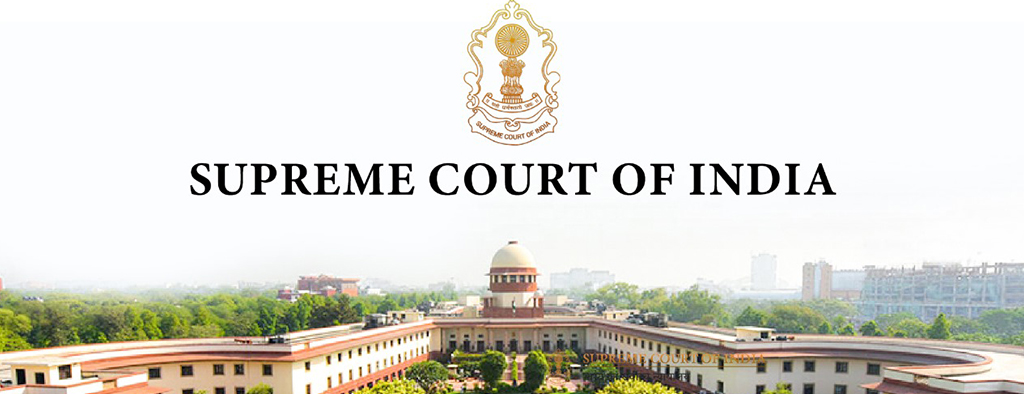The plaintiff may initiate a claim for declaration of title based on the plea of adverse possession, the Supreme Court has reaffirmed. The Court of Appeal overturned the High Court’s decision. Justices P.S. Narasimha and Aravind Kumar noted in their reference to the Ravinder Kaur Grewal v. Manjit Kaur ruling that a plaintiff is entitled to a declaration of title through adverse possession. “This Court in Ravinder Kaur Grewal vs. Manjit Kaur; 2019 (8) SCC 729 settled the law and laid down the principle that a plaintiff can seek a declaration of title by adverse possession.”
In this case, the appellants were the first to file a lawsuit seeking a permanent injunction based on adverse possession to prevent the defendants from gaining forceful possession of the subject land and a declaration of title. The plaintiff argued that from 1957 to 1981, he remained in continuous possession of the subject land, which had been sold to him for less than Rs. 100/-, negating the need for sale deed registration. Thus, using adverse possession, he asserted his title of the subject land. Nonetheless, the defendant argued that, as a co-sharer in the property, the sale deed could not be issued in the plaintiff’s favour without his approval. The trial court granted the appellant’s request for a decree in the suit. Additionally, the appellate court upheld the trial court’s order, keeping things as they were. The respondent(s) filed a second appeal with the High Court, which was granted.

As a result, the trial court’s and the appellate court’s observations were overturned. The defendant is the only party eligible to enter the plea of adverse possession; the plaintiff is not. This was noted by the High Court. “Both the courts below have discarded the title of both the parties on the basis of sale deeds in view of findings recorded under Issue No.6 but decreed the suit of the plaintiff solely on the plea of adverse possession for which there is no justifiable reasons shown in terms of necessary ingredients as well as maintainability of the suit itself. Resultantly, this court finds that a suit for declaration, on the basis of adverse possession, is not maintainable. This plea is not available to the plaintiff rather this plea is available to the defendant against the plaintiff. This legal proposition if read in conjunction with missing ingredients of adverse possession, make this court to hold that the suit of the plaintiff itself is not maintainable. Therefore, the impugned judgments and decrees passed by the courts below are liable to be set aside. Consequently, the same are set aside. The appeal is allowed and the suit itself is dismissed leaving both the parties to bear their own costs.” the High Court observed.
The appellant plaintiff filed a civil appeal with the Supreme Court in opposition to the aforementioned impugned order of the High Court. After reviewing the High Court’s contested decision, the court observed that the High Court had only granted the second appeal on the grounds that the plaintiff was not permitted to enter a plea of adverse possession. The Supreme Court dismissed the contested High Court ruling and allowed the current civil appeals because it disagreed with the High Court’s position. “In view of the fact that the issue is covered by the judgment of this Court, we set aside the judgment and order of the High Court in RSA No. 1626 of 1987 and Review Application No. 8-C of 2015 dated 05.12.2014 and 02.05.2016 respectively and allow the appeals.”


